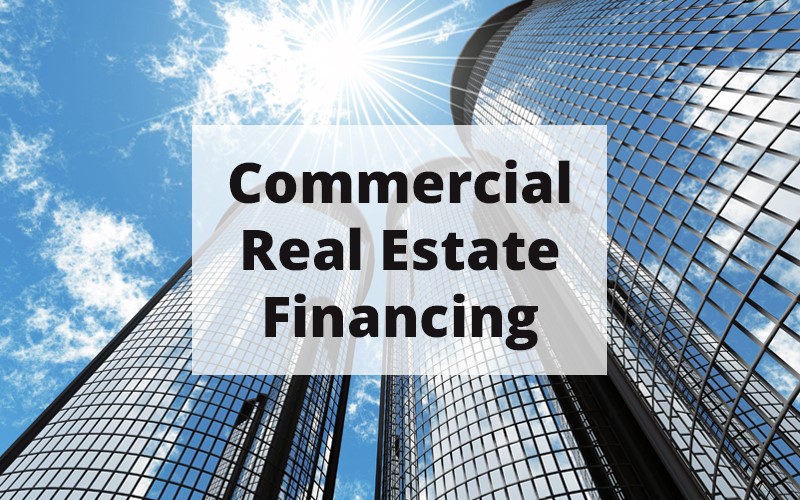
What are the advantages of CRE financing? Learn why you should use CRE financing.
Commercial real estate loans are frequently used by business owners who want to expand or refurbish. These loans vary from other forms of small company loans in that they work more like a home mortgage. A commercial real estate loan, as opposed to a residential real estate loan, is a mortgage secured by a lien on business property. Commercial real estate includes any income-producing real estate utilized for commercial purposes, such as offices, shops, hotels, and apartments.
Commercial Real Estate Loans Explained
Small companies who want to buy, expand, or refurbish their properties may look for CRE financing. Corporations, developers, partnerships, funds, trusts, and real estate investment trusts are the most common recipients of CRE loans.
In other words, company firms are founded specifically to own and operate commercial real estate. The company buys commercial property, rents out space, and then collects rent from the businesses that operate on the land. Commercial real estate loans are used to fund the enterprise, which includes the acquisition, development, and construction of these assets.
Commercial lenders, like residential lenders, take varying amounts of risk and provide varied conditions to borrowers. The 30-year fixed-rate mortgage is the most common residential loan; CRE loans are often shorter. The durations range from 5 to 20 years, with the amortization time frequently being greater than the loan term.
When considering CRE loans, lenders evaluate the type of the collateral; the entity’s creditworthiness, including three to five years of financial statements and income tax returns; and financial parameters such as the loan-to-value ratio and the debt-service coverage ratio.
Commercial real estate loans are typically more expensive than residential loans. Down payments are normally between 20% and 30% of the purchasing price. Interest rates are also often higher, ranging from 10% to 20% for the majority of borrowers. Greenworks Lending offers 100% upfront funding for commercial real estate clean energy upgrades through Property Assessed Clean Energy or PACE financing.
Which Commercial Real Estate Loan Is The Best Fit for Your Company?
Here are a few pointers to consider while selecting the ideal commercial real estate loan for your demands and background:
Determine How Soon You Require The Funding.
If you require rapid funding — for example, to compete with an all-cash bidder on a commercial piece of property — an SBA loan or typical commercial mortgage loan may not be appropriate, as the time to funding for these financing choices might take months. A commercial bridge loan, an alternative commercial real estate loan that may be funded in a matter of days, maybe a better option.
Look Around
Shop around with other lenders to evaluate rates and terms before accepting the first offer. Many business owners begin with lenders with whom they already have a relationship, such as the institution with whom they do their business banking. Regional and local banks are also ideal places to start since they have a greater understanding of the local market. When applying, be aware of lenders performing “soft” credit inquiries vs “hard” credit inquiries, as the latter might hurt your credit score.
Use Your Qualifications to Limit Your Possibilities
Your background and credentials will limit the financing possibilities available to you. If you have strong credit and your company has a high debt service coverage ratio, you might be able to get a typical commercial mortgage loan with lower interest rates and longer periods. Bad credit applicants may have better luck with a hard money lender that has fewer restrictions — but be aware of the hefty interest rates.
Author’s Bio – Jayden Miller is a finance expert from green works, and he explains why you should choose CRE financing.
